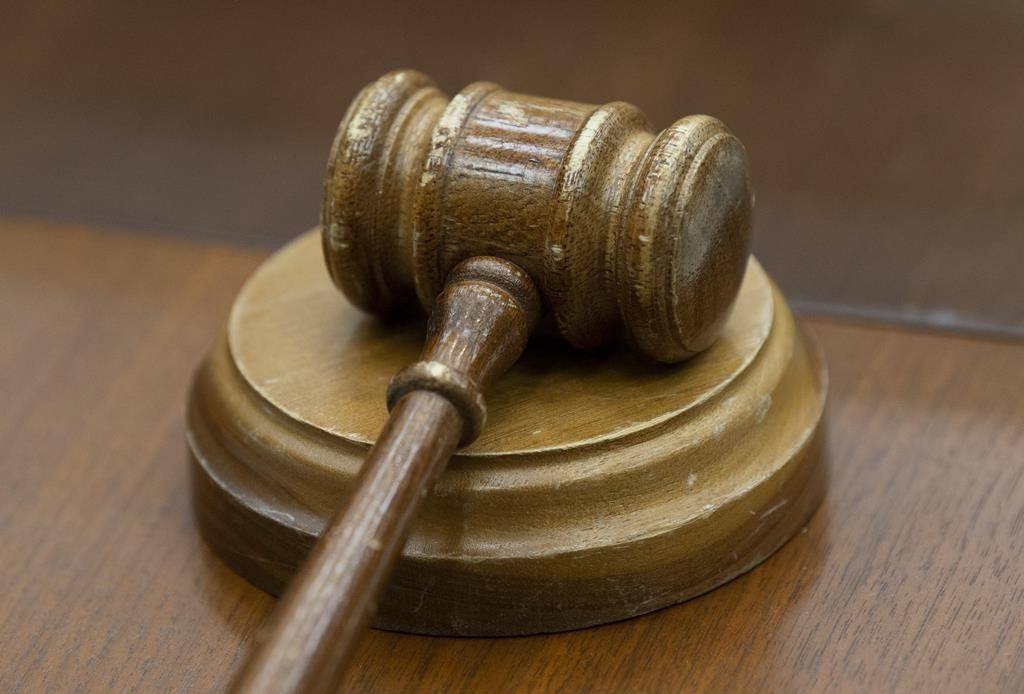The “extreme intoxication” legal defence that is generating a firestorm of controversy in Ontario and across the country requires a bit of context, says a Winnipeg criminal lawyer.

Scott Newman told 680 CJOB that it’s important for people to understand what automatism — the legal term for this kind of state of mind — actually is.
“Essentially, it’s that you are completely out of control of your actions — you have no conscious thought. Essentially your mind is not in control of your body, you’re a robot,” he said.
The controversy flows from two recent cases out of Ontario. Last week, the Ontario Court of Appeal struck down a decades-old section of the Criminal Code that bans defendants from arguing in court that they were too intoxicated to know what they were doing to be criminally responsible for their alleged crimes.
A spokesperson for Ontario’s Attorney General says the province will take the cases to the Supreme Court of Canada.
Newman told CJOB there are two types of automation or automatism.
- 2 teens charged with murder in case of 16-year-old killed outside Halifax mall
- Green Party deputy leader given jail sentence for Fairy Creek old growth protests
- Cars torched, explosions heard in suspected arson in Montreal neighbourhood
- Gas station clerk stabbed several times during violent attack at Ultramar in Montreal
“One that we know really well is one caused by mental disorder,” he said. “You have psychosis, you have a dissociative state, you have schizophrenia. You think aliens are invading or the world is populated by demons, and you have to kill people to protect yourself.
“We’ve recognized for a long time that’s a defence, because that’s a treatable mental condition.”
The other type, Newman said, is much rarer, and much more difficult to prove.
An example of non-mental automatism, he said, could include someone in a car accident who gets concussed, then regains consciousness and does something completely involuntary and out of character.
This, however, is extremely rare. Newman said in 15 years of practice, he’s had one case that might have been automatism, but it ended up not succeeding.
Not only does a person have to be completely out of control of their own body, he said, the defence also needs some kind of corroboration from a person who witnessed the defendant’s actions, as well as expert medical evidence.
The Ontario issue revolves around two men in separate cases. Both men had either killed or injured close relatives while high on drugs — one had eaten magic mushrooms while the other had tried to kill himself with an overdose of a prescription stop-smoking medication.
Newman said the argument before the courts in Ontario is whether a criminal defendant can become intoxicated by alcohol or drugs, lose control of their mind, and then rely on that as a defence.
“You can’t rely on intoxication for self-induced impairment. That’s been the law for 25 years, and hasn’t been challenged until now.”
The appellate judges in Ontario found that not allowing the defence makes it possible for the courts to convict individuals for acts they do not do voluntarily or willfully.
“To convict an attacker of offences for which they do not bear the moral fault required by the Charter to avoid this outcome is to replace one injustice for another and at an intolerable cost to the core principles that animate criminal liability,” the court said.
Newman called it a “sure thing” that the case will go to the Supreme Court of Canada, especially given the outcry from victims’ rights organizations that “extreme intoxication” could be used as a get-out-of-jail-free card for people who commit violent crimes, like sexual assault, and then escape punishment by claiming they were drunk.
One organization that intervened in the case, the Women’s Legal Education and Action Fund (LEAF), described the appeal court’s decision as a “disappointing outcome for women and children” and a setback for victims of sexual assault.
“Many women are already reluctant to report sexual violence, often out of fear of not being believed and confusion about what constitutes a sexual offence under the law,” said LEAF in a statement.
“This decision will arguably compound that confusion.”
Newman said any would-be criminals who think this ruling means an easy-out in the future are going to have a rude awakening. Not only are legitimate cases of that kind of automatism extremely rare, but the amount of evidence, medical and otherwise, required to even mount that kind of defence in court is daunting.
“This is a very unusual defence,” he said.









Comments